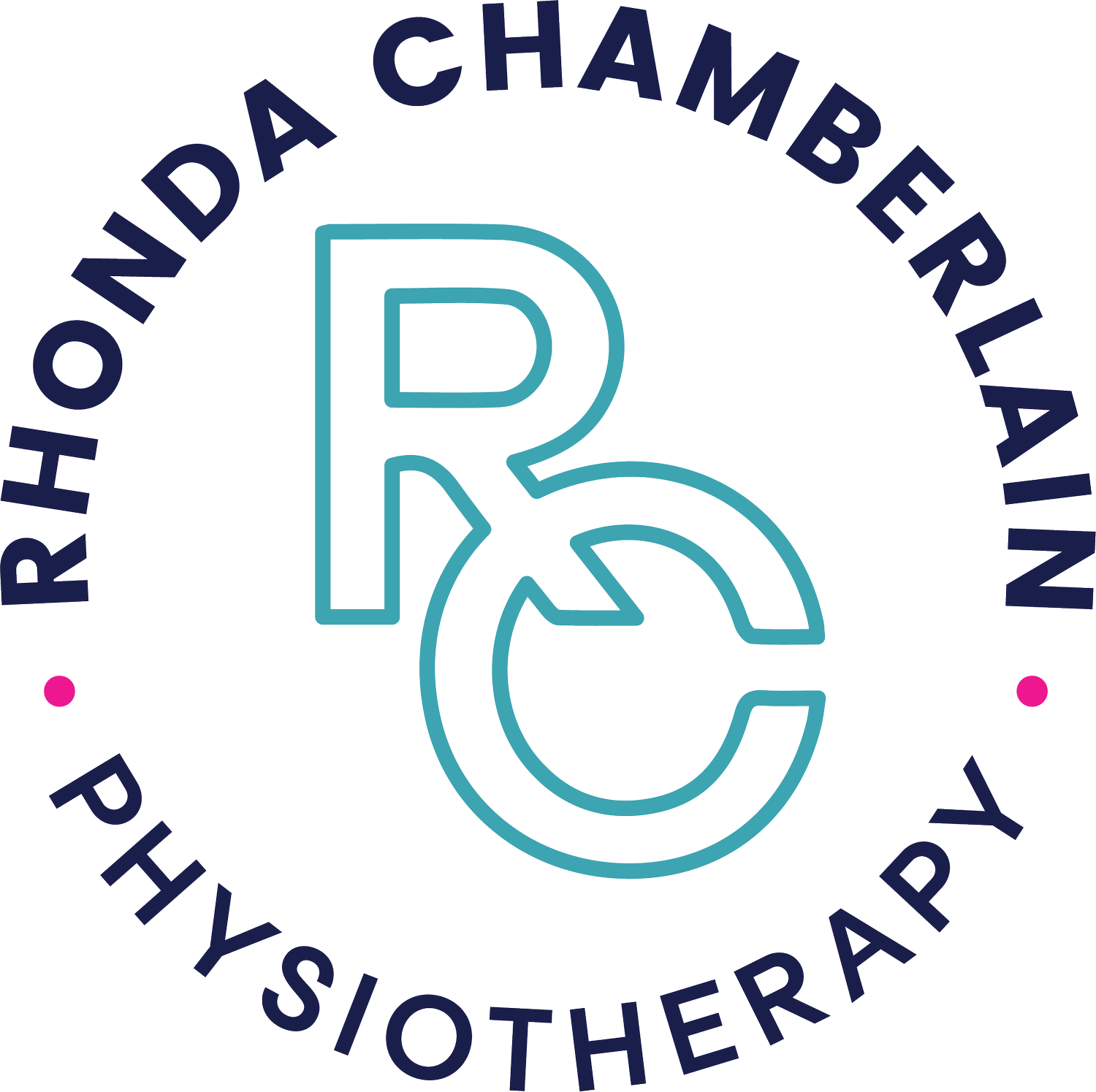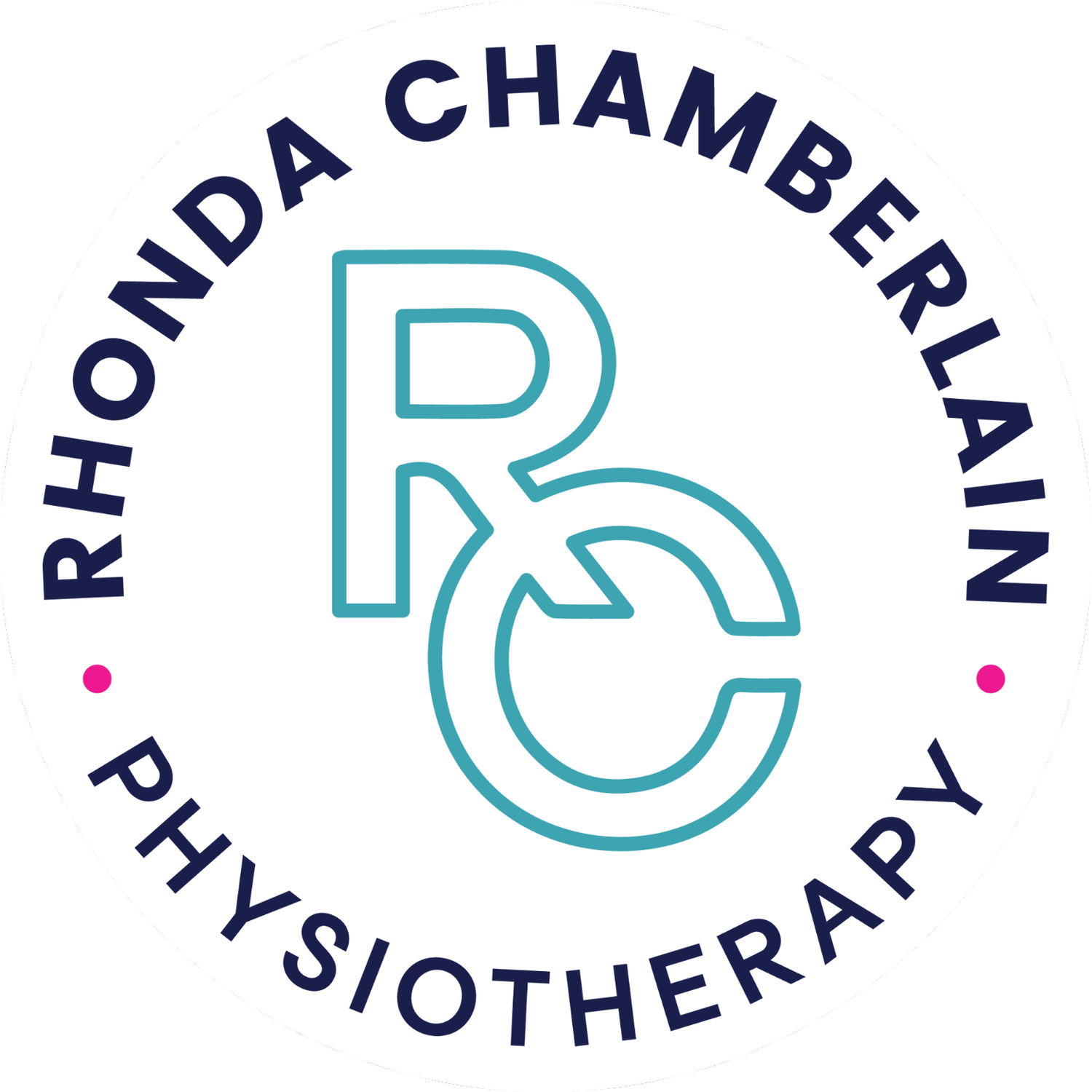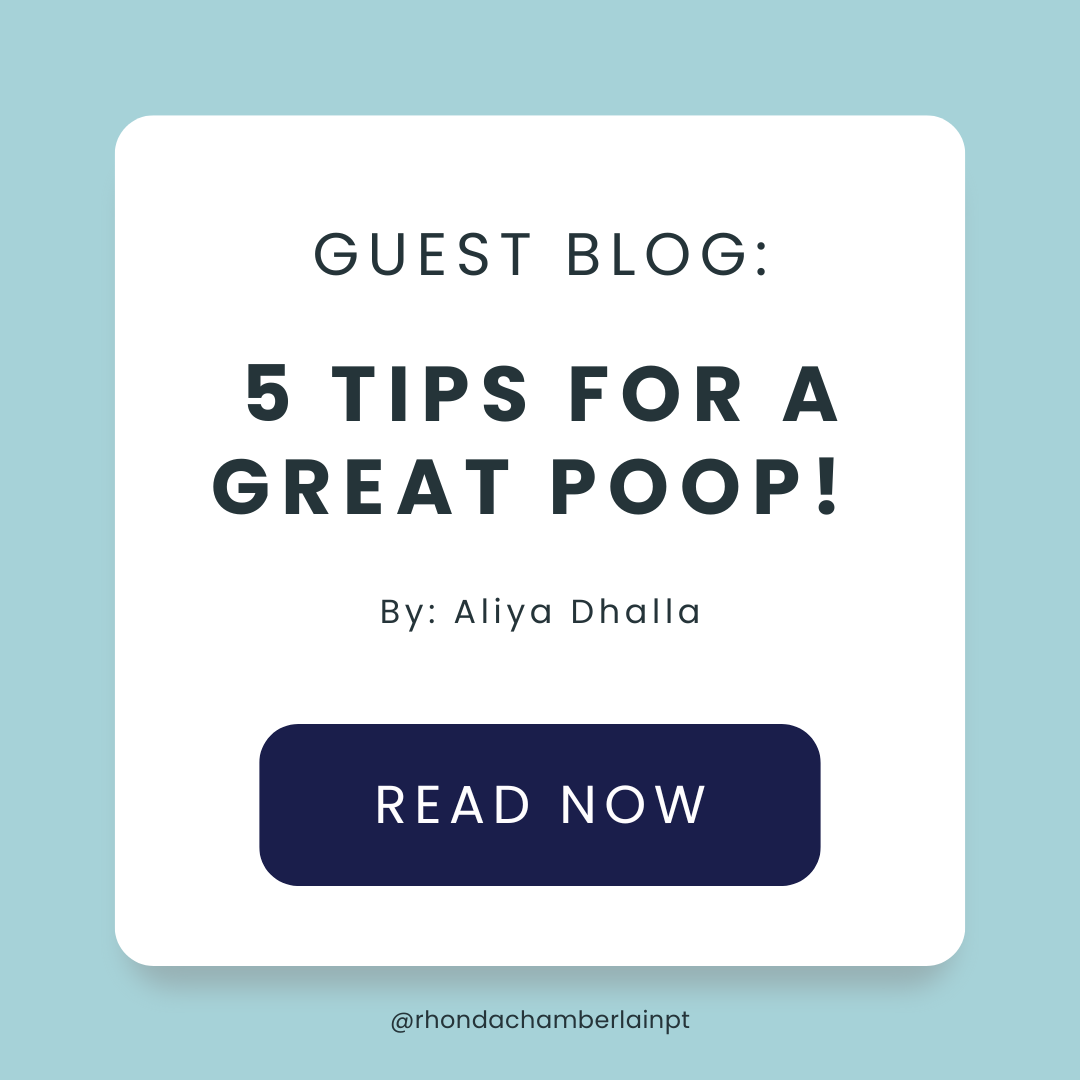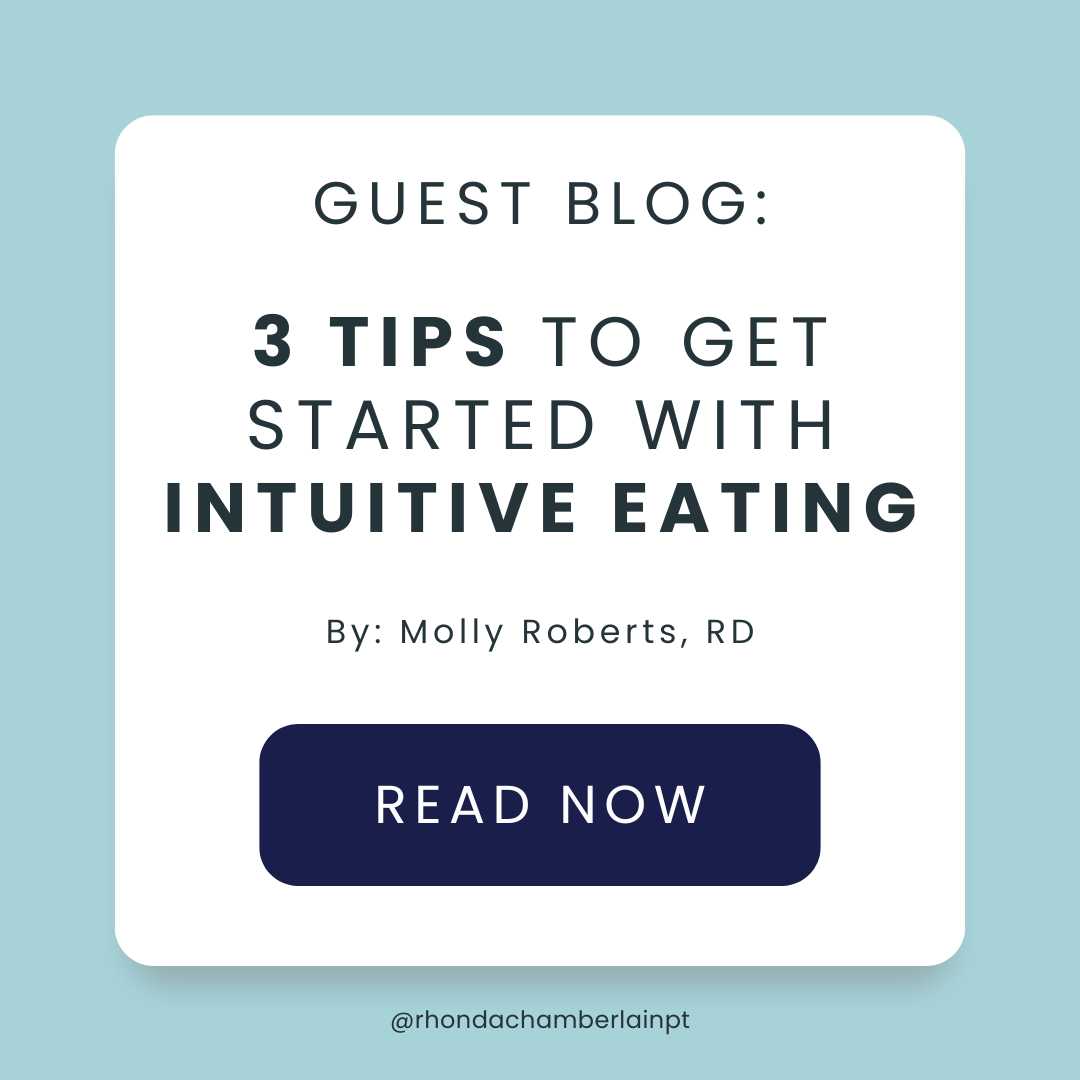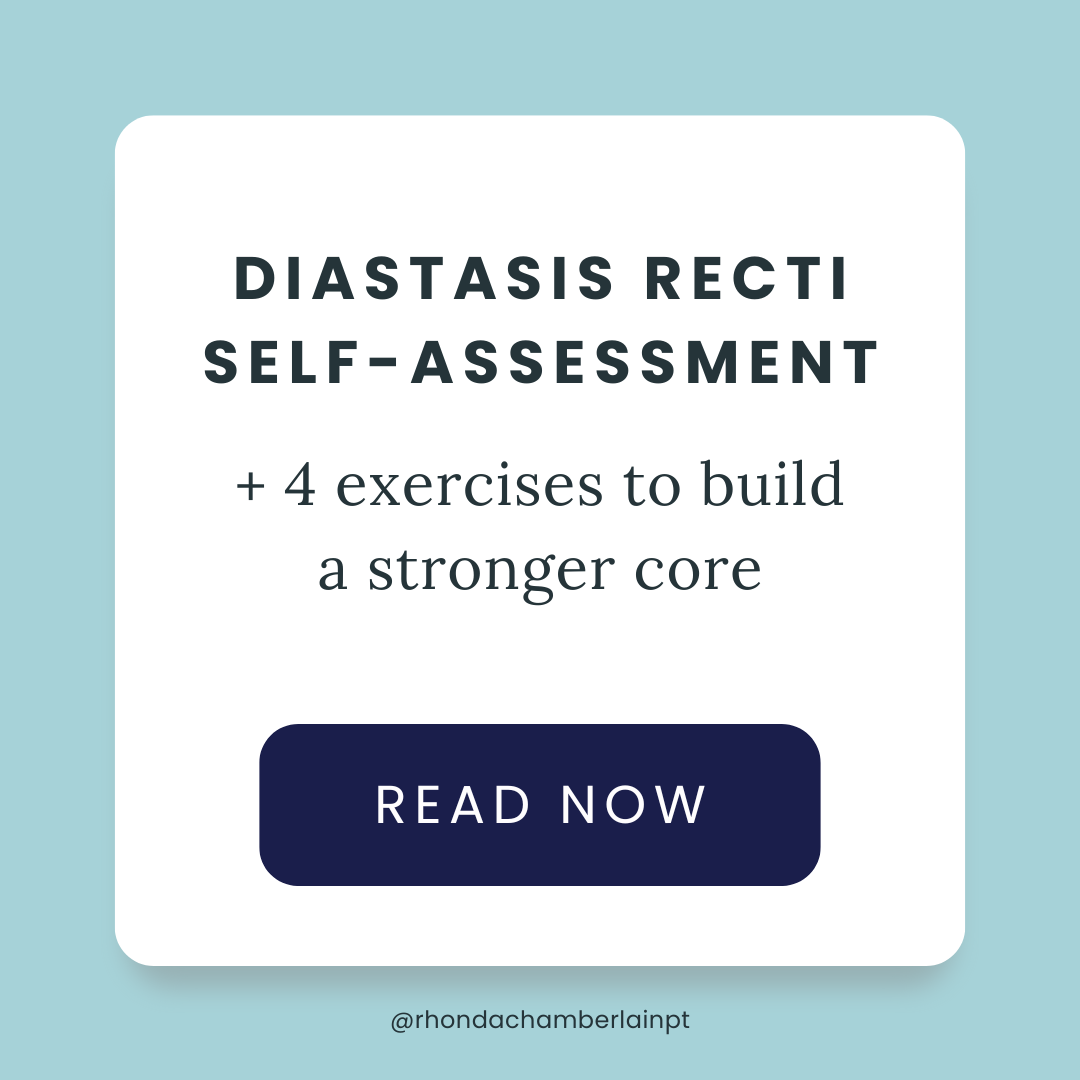
Rhonda’s Blog
Search Specific Topics:
Guest Blog: Menopause myth busting quiz
I am excited to introduce you to licensed Naturopathic Doctor, Dr. Afrousheh Amini. Dr. Afrousheh Amini is a licensed Naturopathic Doctor in Ontario with a clinical interest in women's health, including hormonal balance, perimenopause, and menopause care. She holds prescribing rights in Ontario and is currently a candidate for certification with the North American Menopause Society (NAMS), reflecting her commitment to providing evidence-informed, integrative care for women at all stages of life.
With a patient-centered approach, Dr. Amini blends the principles of naturopathic medicine with the latest research in hormonal health to empower women to feel their best. She works closely with her patients to create individualized treatment plans that may include therapeutic nutrition, menopause hormone therapy, botanical medicine, and lifestyle counseling.
Dr. Amini is passionate about supporting women through hormonal transitions, helping them navigate complex symptoms such as fatigue, mood changes, menstrual irregularities, and menopausal concerns with compassion and clarity.
The Top 12 Things I Want You to Know About Postpartum Exercise…
I’ve helped close to 200 women return to fitness in their pre/postnatal journeys at this point in my career, and I would say these are the topics I continue to discuss the most.
As a mom to 2 girls, I really struggled with a lot of these, so now I’m on a mission to help you avoid the mistakes that I made in my postpartum return to exercise journey!
Do you experience pain with working out? Try this!
Do you experience pain/ symptoms with your workouts such as back pain, hip shoulder pain, prolapse heaviness etc?
I've given this advice to many clients over the years, so I thought it would be helpful to share with you all.
I have clients come to me often saying that their doctor or another health care practitioner instructed them to stop an activity that causes pain. Although this advice is well-intentioned, I have another suggestion.
Our bodies are meant to move. When we avoid a certain movement due to pain, the tolerance for that movement diminishes.
If an exercise causes symptoms, before removing it completely, try changing the dosage.
YOUR ULTIMATE GUIDE TO POSTPARTUM EXERCISE
I know how eager you are to get back into exercise postpartum. I need you to know though that women who “bounce back” to intense exercise immediately postpartum are the exception, not the rule. It is totally normal to take 12-months, to 2 years to get back to intense exercise. Whether you're 6-weeks, 6-months, or 6+ years postpartum, it's important to take it slow.
And here’s the thing: the slow road to recovery is actually faster in the end. If you start slow and gradually return to exercise, there will still be ups and downs because recovery is not linear. However, the downs will be less drastic than if you rushed your return to exercise. So in the end you’ll end up further ahead!
If you're dealing with symptoms like diastasis, prolapse, incontinence or pain, recognize that your body is NOT BROKEN. There is so much that you can do to manage those symptoms and still get back to the exercise that you love to do. You don't have to wait until you’re symptom-free to start.
I know you’ll find this postpartum exercise guide useful. These are all things I wish I had known postpartum!
You’ve got this!
5 tips to help with leaking, heaviness or low back pain
Many of my clients come to me with pelvic floor symptoms like leaking, heaviness, pelvis pain, low back pain or hip pain.
These symptoms are very common during pregnancy and postpartum. AND there are strategies you can try to improve them!
The gold standard for improving pelvic floor symptoms is to have an internal assessment with a pelvic floor physiotherapist (reach out to me for referral recommendations!). However, there is a LOT you can do without seeing an internal therapist.
Here are 5 quick tips you can try to minimize your symptoms…
Guest Blog: 5 tips for a great poop!
I am excited to introduce you to pelvic health physiotherapist, Aliya Dhalla! Aliya is a Pelvic Floor Physiotherapist with over 13 years of experience. She enjoys treating + educating on: prenatal + postpartum pelvic health, birth prep + postpartum recovery, incontinence, painful intimacy, and pelvic pain, bowel health, postpartum return to high-impact activity, CrossFit, lifting, and running, pelvic floor changes during perimenopause and menopause (leaks, urgency, vaginal dryness, pain).
Today she will be sharing with you her 5 tips for a great poop!
Guest Blog: 5 simple actions to prioritize your pleasure outside of the bedroom
I am excited to introduce you to pelvic health physiotherapist, Surabhi Veitch! With 12+ years experience, Surabhi is passionate about educating and empowering folks to understand and believe in their bodies and their capacity to heal. She aims to foster a trauma-sensitive space for you to feel seen, heard and cared for through life’s major transitions including pregnancy, postpartum and parenthood.
She will be sharing with you her 5 simple actions to prioritize your pleasure outside of the bedroom.
Guest Blog: Top 5 ways to thrive postpartum
I am excited to introduce you to parental mental health therapist, Jessica Barnes! Jessica has been in private practise for five years, and has specialized trainings in maternal mental health, pregnancy and infant loss, and birth trauma.
She will be sharing with you her top 5 ways to thrive postpartum.
Guest Blog: Top 3 tips to get started with intuitive eating
I am excited to introduce you to registered dietitian and intuitive eating counselor, Molly Roberts! With over 25 years of experience in nutrition counseling and group programs, Molly offers weight inclusive care to people seeking to make peace with food and their body.
She will be sharing with you her top 3 tips to get started with Intuitive Eating.
Guest Blog: Prepare your pelvic floor for birth
Our names are Laura and Nadia, and we’re the co-founders of birthwell! As pelvic floor physiotherapists we saw a huge gap in the level of knowledge that people were provided about their pelvic floors, their options for pushing, their options for labouring and on top of that, how to advocate for themselves.
Teagan’s Birth Story
In honour of Teagan’s 4th birthday, I felt compelled to write out her birth story. It’s something I’ve been wanting to do, and thought this was the perfect day.
My postpartum fitness journey
At 3.5 years postpartum I signed up for Olympic weightlifting. If you don’t know - Olympic weightlifting is a sport where you train to lift heavy barbells from the ground to overhead (snatch and clean and jerk). It was the part of CrossFit I loved the most, and it’s been SO GREAT to have a sport just for ME again.
Why I no longer weigh or measure my clients
As part of my assessment process as a physiotherapist and postpartum fitness coach, I used to weigh my clients, and take measurements of their waist circumference. I would use this information as objective “progress markers” in their time working with me.
Even when I thought I was doing it for “health” reasons, I always felt weird and awkward about it.
I thought it was because I could sense my clients’ discomfort (which was probably true). But after doing so much learning/ unlearning over these past 3.5 years, I realized it also made ME feel very uncomfortable.
How do I know if I have a diastasis?
How do I know if I have a diastasis?
First of all, you may be wondering...
WTF is Diastasis? (also known as "mommy tummy" or "mommy pooch" on the interwebs)
Diastasis recti is the normal and necessary separation of the two sides of the rectus abdominal muscles (your “6-pack” muscles).
Diastasis recti occurs in nearly 100% of women by the 3rd trimester of pregnancy. This is a process that needs to happen to make room for baby!
This blog will help you understand what diastasis is, and how to start rebuilding your core strength postpartum.
